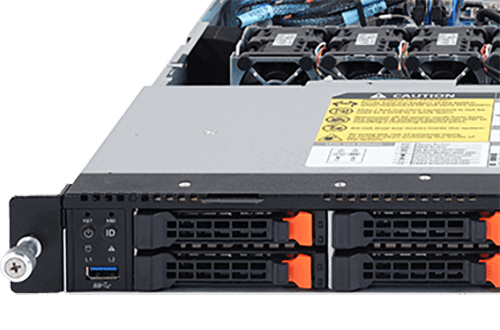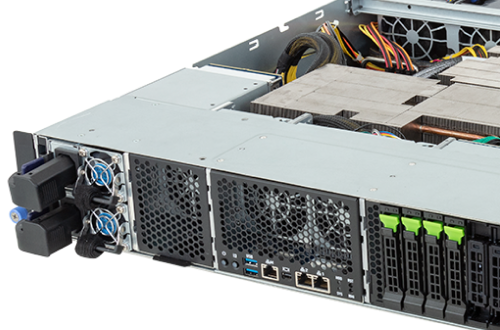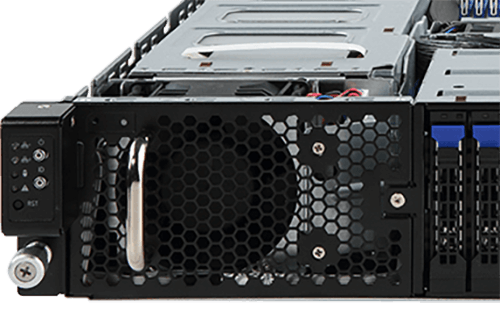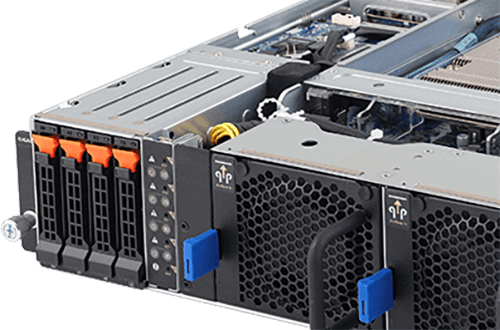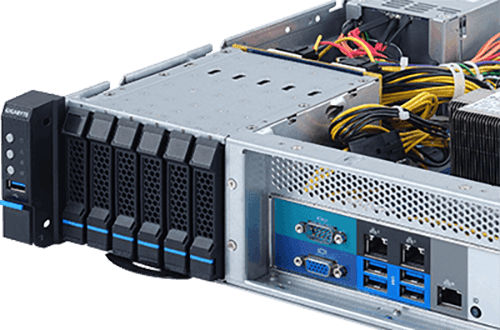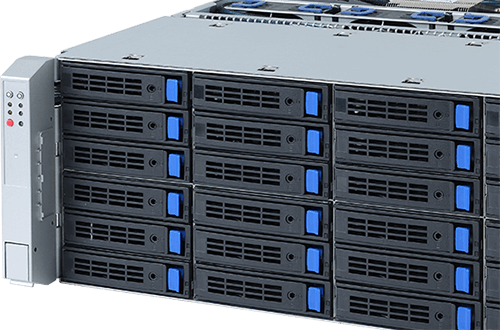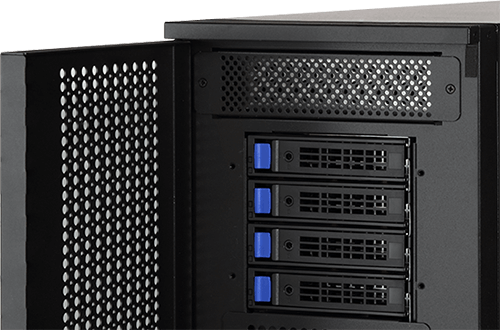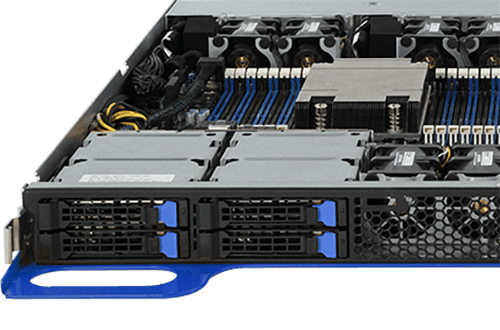Inference Engine
What is it?
In the field of Artificial Intelligence, inference engine is a component of the system that applies logical rules to the knowledge base to deduce new information. The inference engine applies logical rules to the knowledge base and deduced new knowledge typically represented as IF-THEN rules.
WE RECOMMEND
RELATED ARTICLES

Tech Guide
How to Pick the Right Server for AI? Part Two: Memory, Storage, and More
The proliferation of tools and services empowered by artificial intelligence has made the procurement of “AI servers” a priority for organizations big and small. In Part Two of GIGABYTE Technology’s Tech Guide on choosing an AI server, we look at six other vital components besides the CPU and GPU that can transform your server into a supercomputing powerhouse.

Tech Guide
How to Pick the Right Server for AI? Part One: CPU & GPU
With the advent of generative AI and other practical applications of artificial intelligence, the procurement of “AI servers” has become a priority for industries ranging from automotive to healthcare, and for academic and public institutions alike. In GIGABYTE Technology’s latest Tech Guide, we take you step by step through the eight key components of an AI server, starting with the two most important building blocks: CPU and GPU. Picking the right processors will jumpstart your supercomputing platform and expedite your AI-related computing workloads.

AI & AIoT
10 Frequently Asked Questions about Artificial Intelligence
Artificial intelligence. The world is abuzz with its name, yet how much do you know about this exciting new trend that is reshaping our world and history? Fret not, friends; GIGABYTE Technology has got you covered. Here is what you need to know about the ins and outs of AI, presented in 10 bite-sized Q and A’s that are fast to read and easy to digest!

AI & AIoT
How to Benefit from AI in the Automotive & Transportation Industry
If you work in the automotive and transportation industry, spend a few minutes to read our in-depth analysis of how artificial intelligence has created new opportunities in this sector, and what tools you can use to get ahead. This article is part of GIGABYTE Technology’s ongoing “Power of AI” series, which examines the latest AI-related trends, and how intrepid visionaries can reap the benefits of this exciting paradigm shift.

Tech Guide
To Harness Generative AI, You Must Learn About “Training” & “Inference”
Unless you’ve been living under a rock, you must be familiar with the “magic” of generative AI: how chatbots like ChatGPT can compose anything from love letters to sonnets, and how text-to-image models like Stable Diffusion can render art based on text prompts. The truth is, generative AI is not only easy to make sense of, but also a cinch to work with. In our latest Tech Guide, we dissect the “training” and “inference” processes behind generative AI, and we recommend total solutions from GIGABYTE Technology that’ll enable you to harness its full potential.

5G
Ushering in a New Era of Smart Healthcare Applications with 5G-based MEC
A new epoch of smart medicine has been made possible with the proliferation of 5G. Healthcare has advanced from the treatment of symptoms to the early detection of disease and the tracking of each individual’s condition. GIGABYTE Technology offers the highly scalable, high-density E-Series Edge Servers for edge computing; by working with Alpha Networks Inc., GIGABYTE has brought the benefits of multi-access edge computing (MEC) to wearable devices and other Internet of Things (IoT) applications that will help to realize the vision of smart medicine. The compilation of big data, coupled with the low-latency characteristics of MEC, allow for faster data integration and analysis that will help healthcare providers offer customized, predictive care for their patients.







